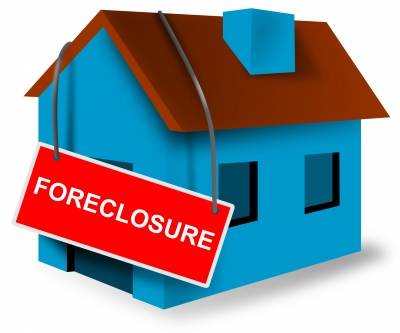Can’t We Just Work This Out? How Mediation Can Save Your Home From Foreclosure
 When a homeowner is at risk of losing their home, foreclosure mediation is not only a good idea—it’s actually required in many states. Since mortgage companies don’t want to repossess the home or property (there is rarely income generation in the process, only income loss), they are often willing to work with a homeowner who is struggling financially or is behind in payments—and foreclosure mediation is one of the best ways to do this.
When a homeowner is at risk of losing their home, foreclosure mediation is not only a good idea—it’s actually required in many states. Since mortgage companies don’t want to repossess the home or property (there is rarely income generation in the process, only income loss), they are often willing to work with a homeowner who is struggling financially or is behind in payments—and foreclosure mediation is one of the best ways to do this.
So why is foreclosure mediation an easier way to work together? Why can’t struggling homeowners and mortgage companies work together on their own to reach a solution to the problem? The answer is simple. In foreclosure mediation, a neutral, third-party mediator has been trained to de-escalate tension and provide a safe environment in which negotiations can take place with minimal emotional outbursts and tension. A foreclosure mediator can also serve as a resource to facilitate negotiations, which makes the process easier than one-on-one negotiations tend to be.
Foreclosure mediation allows the lender and the borrower to talk candidly about the financial problems the borrower is facing and how these problems can be surmounted in order for the homeowner to potentially stay in the home. Often, this negotiation process might mean lowering the interest rate, or offering the homeowner additional time to catch up on payments.
In many states, foreclosure mediation is free to the struggling borrower and is part of the state’s effort to deal with the overwhelming foreclosures that have occurred in many places within the country since the Recession that began in 2008 (and that many are still recovering from). While there is no guarantee that the borrower and lender will find a workable solution to the problem, foreclosure mediation at least provides the opportunity to find that solution before any major actions are taken to foreclose on the home.









